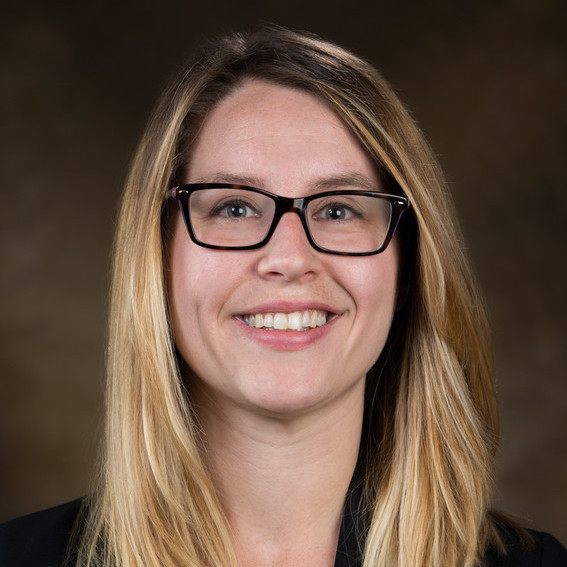Biography
Stephanie Pierce is the Head of the Physics Library at the University of Arkansas in Fayetteville, AR. In addition to managing one of three branch libraries, she serves on the Open Educational Resources Team and Open Access Interest Group to promote and advocate participation in the various open initiatives on campus. Stephanie also participates on a sub-group of the OER Team to create standardized metadata to facilitate discovery of materials and is the organizer of the inaugural Open Education Southern Symposium to be hosted in October on the University of Arkansas campus. Prior to returning to her alma mater as library faculty, she served as a librarian at an HBCU in Austin, TX and community college in Little Rock, AR where she was the lead for open education promotion on both campuses. Her research interests include utilizing text-mining to assess open textbooks for inclusivity and diversity; library space design; digital scholarship; Women in STEM; open scholarship; and OER advocacy/professional development.
Leadership Portfolio
Stephanie continued her work as a member of the University of Arkansas’ OER Team during her participation in the Open Education Leadership program, including conducting professional development workshops and presentations, both at her institution and the Open Education Conference, and helped administer the fourth round of the U of A’s OER Conversion Program. Her work during the semester included creating handouts for these events and looking at ways to help provide increased awareness and training opportunities for all open education stakeholders.
Stephanie’s capstone project is an open education event planning guidebook and toolkit and was influenced by her experience planning the Open Education Southern Symposium (OESS). This resource is openly licensed under a CC-BY license with the goal to assist individuals and groups with the planning of both large and small open education events, workshops, and conferences. It includes various planning materials such as event proposal templates; budgeting worksheets; call for proposal templates and proposal reviewing guidelines; planning committee guidelines; and more. The goal for this capstone is to transition the project into a community of practice resource where those that use it will contribute back to it by including their own insight and advice as well as additional planning materials.
